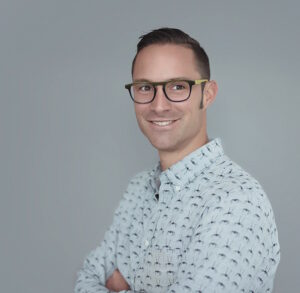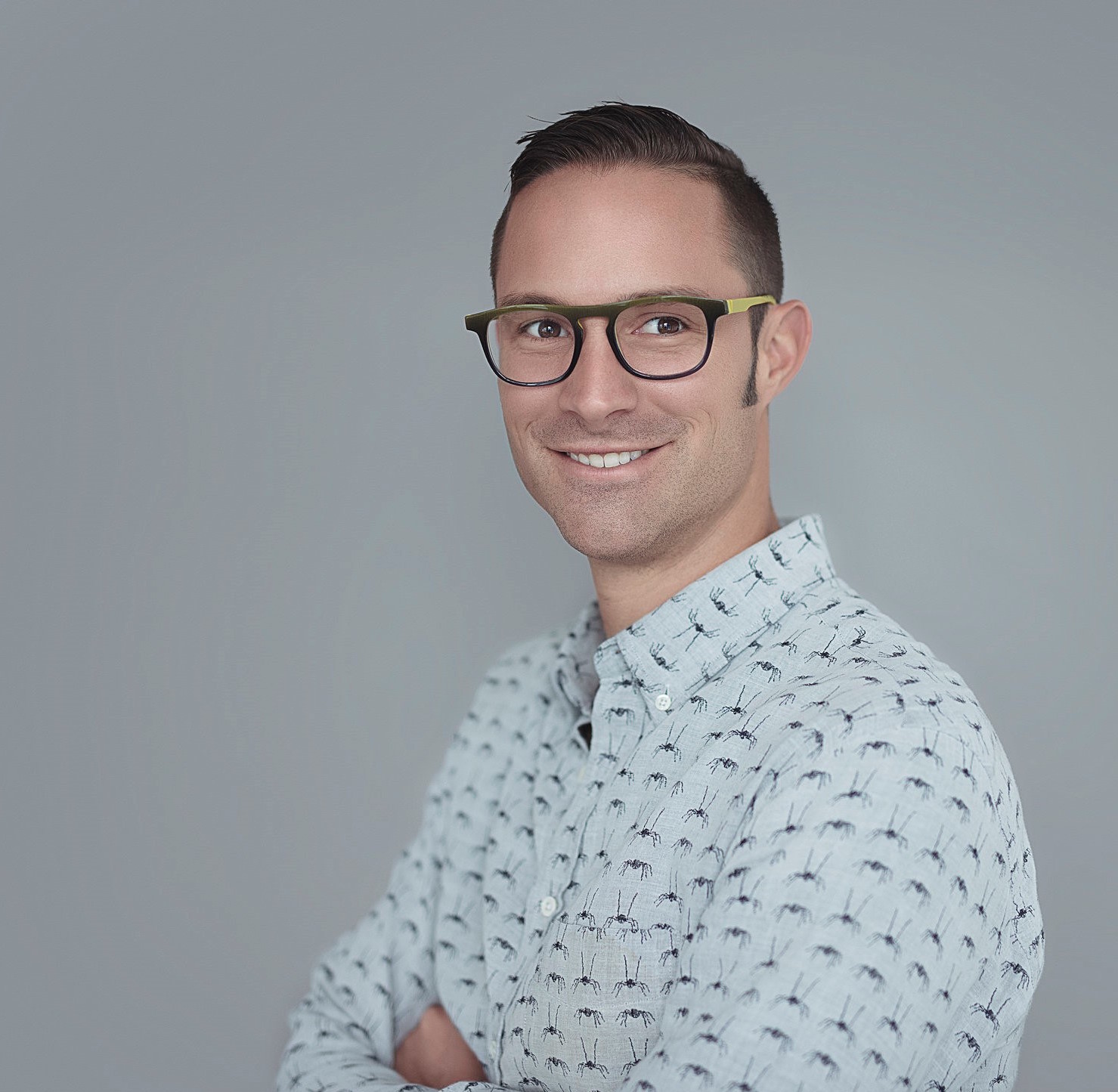
Millennials are the world’s largest generation, and they will make up 75 percent of the workforce by 2030. In his new book “The Millennial Whisperer,” Chris Tuff, director of content marketing and partnerships at 22squared, an Atlanta-based advertising agency, gives his professional thoughts on how this generation has been misunderstood and mismanaged.
Chief Learning Officer recently caught up with Tuff to talk about inaccurate myths surrounding this oft-talked about generation and the best ways to engage and encourage them in the workplace.
CLO: Everybody loves to hate on millennials. Why do you think that is? What are some of the most prevalent inaccurate myths about them?
Tuff: I think millennials are an easy target. And I think that the media and our culture as a whole have not done them much justice. As a culture we have made out the generation to be such a bad generation. What I’ve been trying to do with the book “The Millennial Whisperer” is to completely shift that conversation more to the fact that I think they are the best generation ever to come along.
It’s our system that is broken.
One of my favorite quotes is “millennials are not the problem, they just expose the problem.” And I think that through the lens of millennials, we can show the world where our sensitivities and priorities should be and how we need to be adapting our corporate and learning cultures to the future — to the now, even!
There is no better way to look at what those misconceptions are and how millennials are being classified than if you go into Google and type in “millennials are …” It will pre-populate with the most popular entries of what people are entering into Google, and so you’ll see it reflected on the cover my book, words like entitled or needy. All these negatives, whereas we need to as a society embrace them and look to one, undoing all of the things that are untrue and two, embracing more of their strengths.
CLO: Do millennials have different learning preferences than other generations? How do they prefer to learn?
Tuff: Absolutely. You’ve got to understand how the world has changed for this generation. One of the greatest changes is that they touch, feel, see and hear everything almost in real time. And so I think it has created a generation of what I call the always-on ADHD generation where everyone has shorter attention spans. Yet, they can still binge good Netflix content for over five hours.
I think that the way people in this generation are learning is by doing, seeing and feeling. Instead of teaching theories, we need to immediately ground those in tactics. What are the things that they need to be doing differently that is a tactical output of whatever theories you are trying to teach or bring into that culture?
Take the daily consumption of any millennial. They’re all constantly distracted by different information, whether it be their Instagram feed or Snapchat feed. They see a lot of stuff play out in the form of video; they are meeting with their friends virtually. One thing I will say about our millennials is that we need to encourage, especially the younger ones, to be meeting face-to-face more so that they can have that human interaction. It’s a product of the digital world they live in, and we need to help them overcome that. I would say that is true for all millennials. And I would say that is true for non-millennials. Look at all of us, I look around the airport right now, and every single person is on their phone.
I think that is something that we need to embrace and not just condemn, but we also need to encourage more of that connection that we have grown a sensitivity and need for.
CLO: Can you talk a bit about how to design career track options that motivate millennials?
Tuff: I think the biggest thing is what people hate to hear — that there needs to be a lot more of an open-ended career track for millennials.
We’ve got to take down those walls between how people are promoted within an organization or even open [up] to more lateral moves within organizations. That is so critical. So, what I do with every single one of my employees is I instill in them what our organizational purposes are and then I work with them on their individual purposes and then what their current day to day is so we can map out a plan to start moving them in a direction that is closer to where their true passions lie.
If you look at traditional career tracks, there are only those linear and regimented. What we need to do is look at a nonlinear approach, and we need to look at more cross-lateral moves for people. We need to work with them on a one-on-one basis. Do not fit this group into boxes — they do not excel when put in boxes.
One of the best things my boss ever told me was, “Chris, there’s an exception to every rule.” I turned to him and said, “Thank goodness.”
I recognize deep down that I act and feel like a millennial in a lot of the things that I’ve been looking for in my life and what helped me write this book. I think we all crave freedom, so we can be truly entrepreneurial and free, but we need enough structure along the way that we’re constantly working on our weaknesses and working on the things that we know we need to work at to become better leaders and people. And with that same mentality, we need to open those traditional tracks to a new way of thinking.
CLO: For many companies and employers, the difficult task is not in hiring millennials but keeping them around once hired. What is some advice you can give employers that will help them engage millennials to stick around and create loyalty?
Tuff: One thing that’s changed in the world and what millennials require is work-life integration, right? It’s no longer work-life balance. I think loyalty is created through real, genuine relationships. And I think a lot of times the old-school mentality of organizations is that you have to draw a line between what is kind of personal and what is an organizational relationship.
One of the things that I do with all my employees is I am keenly aware of what’s going on in their lives, and I ask them about those things, and I give them the option in our one-on-ones to talk about those things. I think it’s through that foundation of creating a real relationship that the other, more organizational-focused goals will follow.
Mapping individual purpose is also essential to retaining employees. I had my group come up with their individual purpose statements. I told them that in six weeks they were going to announce at a dinner what their individual purpose statement was, and over the next six weeks I worked with them on it. So, what we’re able to do is create a correlation to not only their purpose statement but also to their day-to-day job. I emphasize that as human beings, we’re always evolving, we’re always changing, and our passions will change with life. I think we need to create careers and tracks that foster those things.
I call this my “70/30 rule.”
One of the things that I educate and kind of pound into the heads of everyone who works on my team is that 70 percent of your job should fuel you and 30 percent of your job just sucks. Thirty percent of life sucks. Thirty percent of your day to day will be a grind, but 70 percent should fuel you, and once you garner that acceptance, and understand that, you get it. If you look at this generation, there is a “grass is always greener on the other side” complex and you’ll see people jumping around jobs time after time in pursuit of this kind of perfection that they see on their Instagram feeds. The reality is the 70/30 rule, 30 percent of your job is not perfect.
You’ve also got to make sure you open the door up for your employees to leave if they want to. I call this the “sitting in your car test.” If for two days in a row you’re sitting in your car and you have that sense of dread as you’re about to go into a work, and it’s not associated with your own self-developments, [such as] pushing yourself out of your comfort zone or procrastination, then it’s time to find a new job. And you know what? I will help you find a new job.
CLO: Are any stereotypes about millennials in the workplace true?
Tuff: It’s important to understand that millennials, especially younger millennials, they’ve grown up in a different world and they are used to instant gratification. If they need that kind of instant gratification, they post something on one of their social feeds, and they automatically get it through their friend group. It’s created the massive need for reward and recognition.
They are needy because they need to be fueled. It’s not their fault they are needy — it’s both their parents’ fault and our fault.
We’ve built this younger generation to be helicopter parented to a certain extent and they’re accustomed to a way of life where we’ve got to ease them into our organizations. I do truly believe that every organization can lead with empathy. Every organization can reward and recognize their employees in the right way. It’s just a matter of making it a part of your culture and day to day. I would say those [stereotypes] are true, but they’re true because we created these negatives.
CLO: What kind of leaders will millennials become and in what direction are they moving the business world?
Tuff: I think millennials will be one of the most effective, transformative and innovative generations we’ve ever seen in the workplace, and I think they will make tremendous leaders. But we have got to take action in creating an environment where they can truly excel.
One of my favorite quotes that I heard recently from a friend of mine was, “After reading your book, Chris, one thing I have discovered is millennial is a mindset. You know, because I’m kind of a millennial myself.” Exactly.
We’ve got to start building and changing our old-school corporations to not only foster that but to fuel a lot of that stuff that makes them different. I do think that is beginning to change and that’s why I wrote this book, to at least be a spark and catalyst to the change that is needed to truly embrace the best generation in our workforce.















